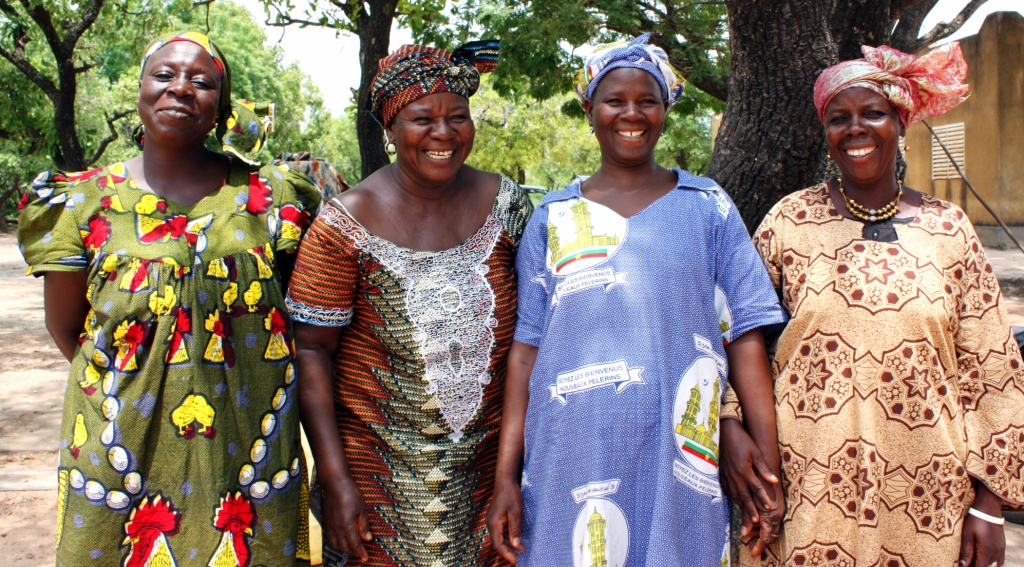The forests of the world are under attack, `thanks’ to consumer demand for food, fuel, and fiber. The people who live in, and depend on, forests are also under attack. In Burkina Faso, a group of over 4000 plus rural women forest dwellers have taken the lemon they were dealt and turned it into … shea butter. And by so doing, they are transforming the world.
That dealt lemon has many components. First, life for rural women is often one of severely limited education, income, and hope. Second, the labor market in rural Burkina Faso relegated women to collecting and processing shea kernels. Collecting is arduous work, and butter production is even worse. The profits were less than meager. Third, the sales of shea kernels and butter were controlled by more powerful multinational companies that would buy the vast majority of kernels and ship them to Europe or Japan, for processing there. 95% of shea butter went into chocolate, margarine, confections. The rest went into cosmetics.
That was before.
In the late 1990s, women in Burkina Faso and a French cosmetic firm, L’Occitane, teamed up. L’Occitane understood that the market for organic and sustainable and fair market cosmetics was growing. The women gatherers in Burkina Faso knew there had to be a better way to live, for themselves as women, for their households and for their communities.
So, with some assistance, in 2001, about 600 women got together and formed l’Union des Groupements de Productrices des Produits du Karité de la Sissili et du Ziro (UGPPK/S-Z), the Union of Women Producers of Shea Products of Sissili and Ziro. By 2009, they numbered almost 3000. Today, 4,6000 women are members of the cooperative, now called the Nununa Federation. And their ranks are growing.
The women set themselves to understanding the economies of scale, certification, market, and cooperative development. When they had to, they diversified. When the time seemed right, they moved into semi-industrial production. At each step, they have been a model of transparency and democratic and shared decision making. International bodies have certified their product as organic and their processes as Fair Market. They are committed to sustainable development, and they have largely succeeded. They are also committed to a better life. They redesigned the production processes so that no woman has to endure the kind of pain that went into `traditional’ gathering and butter-making processes. From the forests of Burkina Faso to the faces of Europe, the United States, Canada, Japan, the women of the Nununa Federation are leading the way to a better world.
The Nununa Federation is the first organization anywhere to invest successfully in the semi-industrialisation of shea-butter production based on churning. As such, these women are literally breaking new ground. This organization of women has successfully increased its members’ income, increased their autonomy, increased their spare time, improved their health and wellbeing, and increased their stature … at home, in the marketplace, and around the world. And it all begins with the political education of standing up at a meeting and asking hard questions and getting direct answers. The Nununa Federation is simply “the best example in terms of organization, high quality service and products, and ingenuity.” They are a model of democratic, transparent governance.
Today, they say they “are filled with hope to continue the struggle.” The struggle continues.
(Photo Credit: http://rsr.akvo.org)
